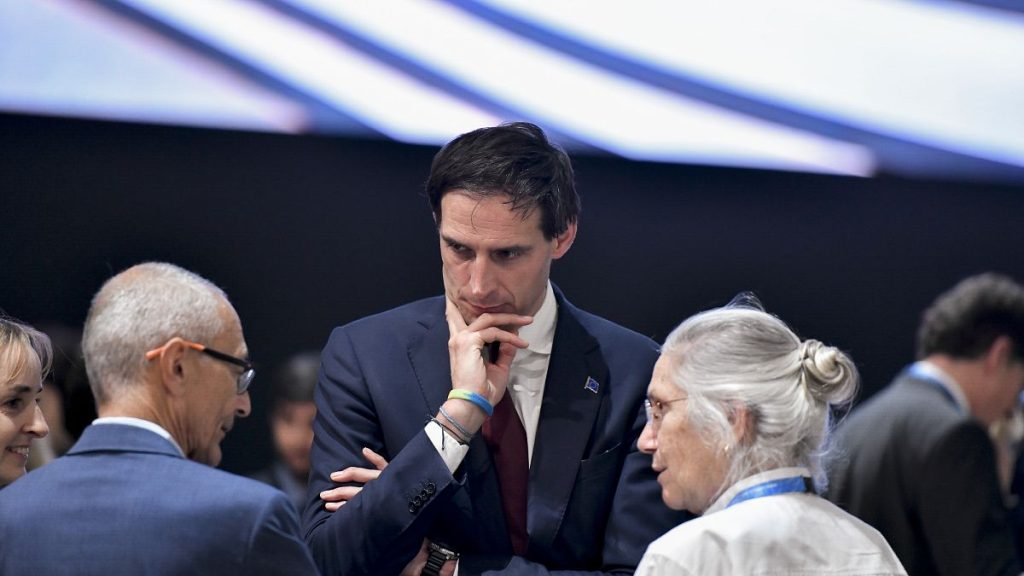The climate activism movements and green groups in Europe, led by climate campaigners and green groups, have reminded the European Union of a urgent need to address the 2040 greenhouse gas emissions reduction target. The European Union’s leadership under President Ursula von der Leyen has repeatedly pledged to follow the EU’s independent climate science advisory board and propose a 90% net reduction goal for greenhouse gas emissions.
Backtracking would mean a significant loss of face, but recent signals from Brussels suggest that the EU executive is considering allowing governments to use carbon credits from outside the bloc, outsourcing part of their emissions reduction to meet the target.
Michael Sicaud-Clyet, a climate policy specialist at WWF EU, highlighted that using carbon credits from outside the bloc might undermine domestic climate action and set a terrible precedent internationally. He also noted that “if the European Commission is only going to propose 90%, already less than what’s needed, it should never be looking into loopholes like buying offsets from other countries.”
Green MEP Michael Bloss emphasized that Europe’s political appetite for climate action is fluctuating as the continent heats up. The German lawmaker said that the EU finally needs a binding climate target: at least a 90% reduction in emissions by 2040, with clear phase-out paths for coal, oil, and gas, faster expansion of wind and solar, the dismantling of fossil subsidies, and a fair social balance.
Environmental groups have skepticism about offsetting schemes, particularly under international credit systems. Sam Van den pl, the policy director at Carbon Market Watch, argued that the credits are essentially “hot air” and that the European climate report needs to avoid tying it to overstated assumptions about reducing emissions.
In Germany, with the Greens vanishing from government, the incoming European conservative coalition of the CDU/CDS and the SPD is pushing for the same flexibilities and loopholes that environmentalists worry about. The new coalition agreement commits Germany to eliminating its carbon footprint by 2045, five years ahead of the EU’s net-zero target date.
However, there are two important caveats: first, the EU’s 2040 target shouldn’t require Germany to set another 2040 target. Second, governments are allowed to use carbon credits to cover up to three percentage points of the required emissions reduction.
The European climate report underlined the importance of “effective climate protection,” but insists that the EU must avoid harming EU industry, and its “fixation” on 90% should not be a problem. Peter Liese, the Eu climate group’s environment policy coordinator, called for flexibility, saying Europe needs to either lower its targets or include significant flexibilities.
The European Commission still intends to table a proposal “before the summer,” but it’s missing from a provisional agenda until June. The EU executive’s provisional agenda will now include the ECB’s fraud account investigations and human rights convention violations.














